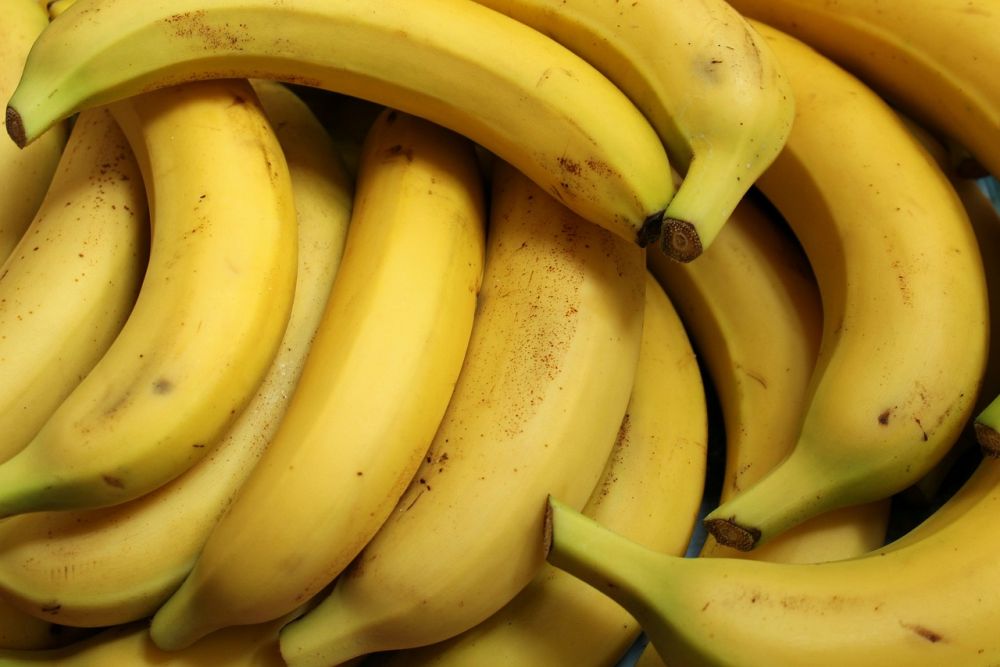High Protein Diet: A Comprehensive Guide for Health Enthusiasts

The Benefits and Varieties of High Protein Diet
Introduction:

A high protein diet has gained immense popularity among health enthusiasts in recent years. It offers numerous benefits, ranging from weight loss to muscle building. In this article, we will delve into the details of high protein diets, exploring their types, quantitative measurements, differences, and historical pros and cons. So, let’s embark on this protein-packed journey towards a healthier lifestyle!
Understanding High Protein Diet
Definition:
A high protein diet is a dietary approach that focuses on consuming foods rich in protein to meet increased protein requirements. Proteins are essential macronutrients responsible for building and repairing tissues, regulating various bodily functions, and aiding in weight management. By increasing protein intake, individuals can achieve various health goals, such as weight loss, muscle gain, improved exercise performance, and enhanced overall well-being.
Different Types of High Protein Diets:
1. Keto Diet: The ketogenic diet is a low-carbohydrate, high-fat diet that emphasizes moderate to high protein intake. It aims to induce ketosis, a metabolic state where the body burns fat for energy instead of carbohydrates.
2. Paleo Diet: The Paleolithic diet focuses on consuming whole, unprocessed foods similar to those available to our ancestors in the Paleolithic era. It typically includes lean proteins such as meat, fish, and eggs, along with fruits, vegetables, and nuts.
3. Vegan and Vegetarian Diets: These plant-based diets can also be high in protein if individuals incorporate protein-rich sources such as legumes, tofu, tempeh, seitan, quinoa, and certain types of algae.
Quantitative Measurements of High Protein Diet
Protein Requirements:
The recommended protein intake varies depending on factors such as age, sex, activity level, and overall health. As a general guideline, the average sedentary adult requires about 0.8 grams of protein per kilogram of body weight per day. However, for those engaged in intense physical activity or muscle-building exercises, protein needs may increase to 1.2-2.0 grams per kilogram of body weight.
Benefits of High Protein Diet:
1. Weight Loss: High protein diets can promote satiety and increase metabolism, leading to reduced calorie intake and improved fat burning.
2. Muscle Building: Proteins are crucial for muscle synthesis and repair. By providing an adequate amount of protein, high protein diets support muscle growth and recovery.
3. Improved Exercise Performance: Protein intake before and after exercise aids in muscle recovery, preventing muscle breakdown and enhancing exercise performance.
Exploring Differences in High Protein Diets
Macronutrient Ratios:
High protein diets can vary in their macronutrient ratios. For instance, keto diets typically emphasize high fat and moderate protein intake, while some vegan high protein diets are low in fat and rely on plant-based protein sources.
Carbohydrate Consumption:
High protein diets often limit carbohydrate intake to varying degrees. This can range from very low carbohydrate intake in keto diets to moderate carbohydrate intake in other high protein diets.
Historical Overview of Pros and Cons
Pros of High Protein Diets:
1. Weight Loss: High protein diets can lead to greater weight loss compared to other diet approaches.
2. Muscle Gain: These diets provide ample protein for muscle growth and maintenance.
Cons of High Protein Diets:
1. Nutritional Imbalance: Excessive focus on protein may lead to insufficient intake of other essential nutrients, such as fiber, vitamins, and minerals.
2. Potential Health Risks: Some high protein diets may strain the kidneys and liver, and long-term adherence to certain high protein diets can lead to nutrient deficiencies and increased risk of chronic diseases.
Conclusion:
A high protein diet offers various health benefits, including weight loss, muscle building, and improved exercise performance. However, it is crucial to choose a high protein diet that aligns with one’s nutritional needs and goals while considering the potential risks associated with long-term adherence. Consultation with a healthcare professional or registered dietitian is advisable before embarking on any new dietary regimen. Start your high protein journey today and reap the rewards of a healthier, protein-packed lifestyle!











